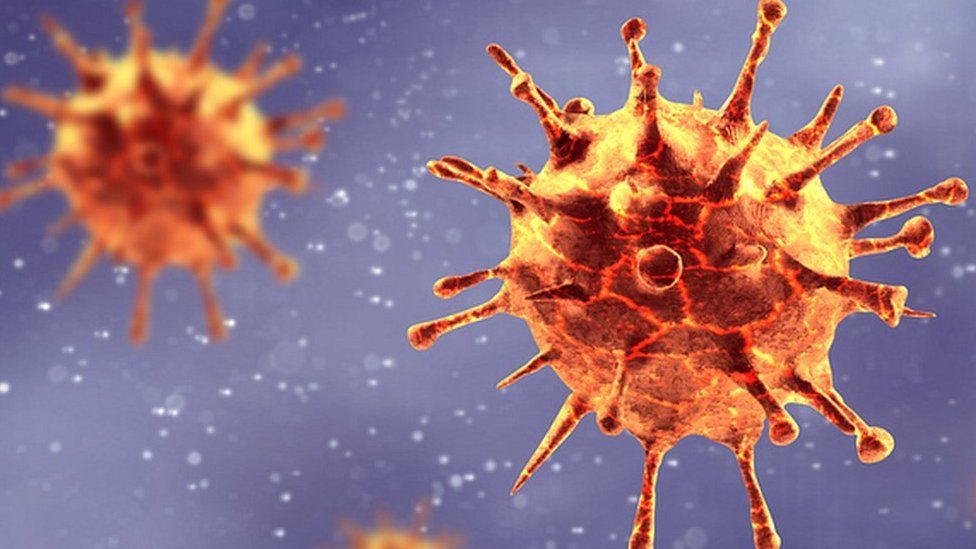United Nations/Geneva: The B.1.617.1 and B.1.617.2 variants of Covid-19 were first identified in India. They have been named as ‘Kappa’ and ‘Delta’ respectively by the WHO. It has named various variants of the coronavirus using Greek alphabets to simplify public discussions and also help remove stigma from the names.
The World Health Organisation’s move Monday came nearly three weeks after India objected to the B.1.617 mutant of the novel coronavirus being termed an ‘Indian Variant’ in media reports with the Union Health Ministry pointing out that the UN’s top health organ has not used the word ‘Indian’ for this strain in its document.
The UN health agency named the B.1.617.1 variant of the Covid-19 as ‘Kappa’ while the B1.617.2 variant was dubbed ‘Delta.’ Both the variants were first found in India.
Taking to Twitter, Dr Maria Van Kerkhove, WHO’s technical COVID-19 lead, Monday said: “Today, @WHO announces new, easy-to-say labels for #SARSCoV2 Variants of Concern (VOCs) & Interest (VOIs). They will not replace existing scientific names, but are aimed to help in public discussion of VOI/VOC.”
The WHO, while announcing the new naming system ‘making them simple, easy to say and remember’, said that it is ‘stigmatising and discriminatory’ to call the variants by names of the nations they are first detected in.
“The labels do not replace existing scientific names, which convey important scientific information & will continue to be used in research. The naming system aims to prevent calling Covid-19 variants by the places where they are detected, which is stigmatizing & discriminatory,” the WHO said in a tweet Monday.
The Geneva-based global health agency encouraged countries and others to adopt these names as they will ease public discussions about the global Covid-19 Variants of Concern and Interest.
The B.1.1.7 strain first detected in the UK will be known as ‘Alpha’, while the B.1.351 variant detected in South Africa is now ‘Beta’, P.1 variant first found in Brazil is ‘Gamma’ and the P.2 variant is ‘Zeta’. The strains found in the US are “Epsilon” and “Iota”.
“No country should be stigmatised for detecting and reporting variants. Globally, we need robust surveillance for variants, incl epi, molecular and sequencing to be carried out and shared. We need to continue to do all we can to reduce the spread of SARS-CoV-2 (sic),” Infectious Disease Epidemiologist and COVID-19 Technical Lead at the WHO Kerkhove said in another tweet.
“The labels don’t replace existing scientific names, which convey (important) scientific info and will continue to be used in research… These labels will help with public discussion about VOC/VOI as the numbering system can be difficult to follow,” she added.
In order to assist with public discussions of variants, the WHO convened a group of scientists from the WHO Virus Evolution Working Group, the WHO Covid-19 reference laboratory network, representatives from GISAID, Nextstrain, Pango and additional experts in virological, microbial nomenclature and communication from several countries and agencies to consider easy-to-pronounce and non-stigmatising labels for VOIs and VOCs.
“At the present time, this expert group convened by WHO has recommended labels using letters of the Greek Alphabet, i.e., Alpha, Beta, Gamma, which will be easier and more practical to discuss by non-scientific audiences,” the WHO added.

